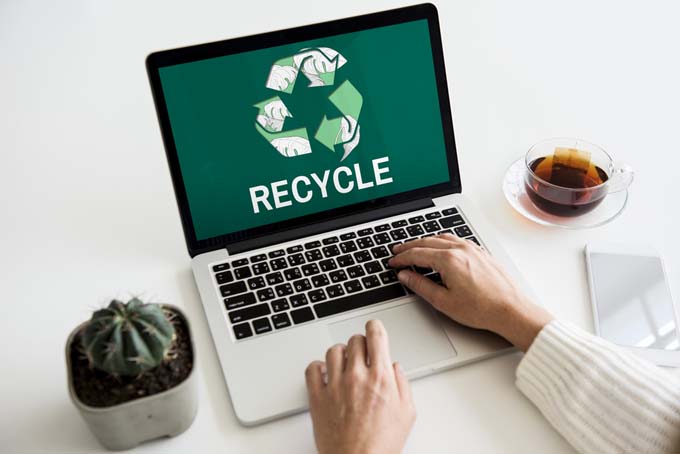4aqua wants to give water an evidence-based voice
Recently, the interest group 4aqua has joined forces. Proven experts and scientists, who deal with water protection and water supply issues on a daily basis, would like to draw attention to the water pollution "even in the water castle of Switzerland".

4aqua aims to give water an evidence-based voice and draws attention to the growing rift that has developed in recent years between urban drainage and agricultural water conservation.
While a great deal has been invested and improved in urban drainage and wastewater treatment, agriculture still has an enormous need for action: the use of nutrients and pesticides is still far too great and very problematic for our water bodies and our drinking water.
4aqua therefore supports the Drinking Water Initiative and demands effective measures from the Parliament.
Political vacuum and weighty need for action
Currently, around one million people in the Swiss midlands receive pesticide-contaminated drinking water that does not meet food requirements. For years, Swiss agriculture has failed to meet all legally binding environmental targets. The National Pesticide Action Plan is a welcome attempt to improve the situation. However, it is accepted that half of the currently polluted stretches of water will remain polluted. Nevertheless, the professional community remains largely silent, since it is not part of the duties of employees in scientific and public institutions to express themselves politically.
Because the drinking water association SVGW and the water protection association VSA also refrain from political slogans, a clearly perceptible voice of the experts is missing for the protection of the waters. 4aqua wants to fill this gap.
Climate change will exacerbate drinking water and water pollution
As an interest group open to all professionals with expertise in the water sector, 4aqua aims to significantly reduce the input of pesticides and other pollutants into water bodies so that Swiss water bodies regain a near-natural, species-rich state and drinking water can be obtained from local groundwater resources without costly treatment.
For 4aqua it is clear: business as usual is not an option. Because climate change will further aggravate the already acute water quality problems. Dry summer months lead to lower water flows in water bodies. With the same substance inputs as before, the water quality will continue to deteriorate as a result.
Asymmetric water protection prevents progress
While billions of Swiss francs have been invested in wastewater treatment over the last 50 years and significant improvements in water protection have been achieved, several billion Swiss francs are paid out annually in subsidies for Swiss agriculture without sufficient reductions in water pollution from agriculture.
While a further treatment stage at wastewater treatment plants eliminates micropollutants from urban wastewater at considerable expense, conventional agriculture releases pesticides directly into the environment and our waters. Moreover, the problem of nutrient surpluses from agriculture remains unsolved until now.
In order to correct this asymmetry in Swiss water protection, the 4aqua expert group is committed to the drinking water initiative. Many farmers already prove today that sustainable forms of production exist and function. From 4aqua's point of view, the future belongs to these systems.
Pesticide registration and use reform
4aqua is also prepared to support other solutions that lead to a significant improvement in water quality, such as the parliamentary initiative "Reducing the risk in the use of pesticides" submitted by the Committee for Economic Affairs and Taxation of the Council of States (WAK-S). However, this initiative requires substantial improvements. To this end, 4aqua calls for an incentive tax on pesticides, pesticide-free inflow areas for drinking water wells, a ban on particularly critical active ingredients, and a reform of the approval procedure for pesticides.
4aqua has high hopes for the competent committee of the Council of States, which will discuss important agricultural business on July 2-3. 4aqua wants to accompany this process in a fact-based way and works on three levels: Advising and informing parliamentarians for their political work, serving the media with expert statements as well as measures in the public.
The 4aqua community of interest was launched less than two months ago and already includes more than 60 experts and scientists. The website https://www.4aqua.ch went online on June 30.









